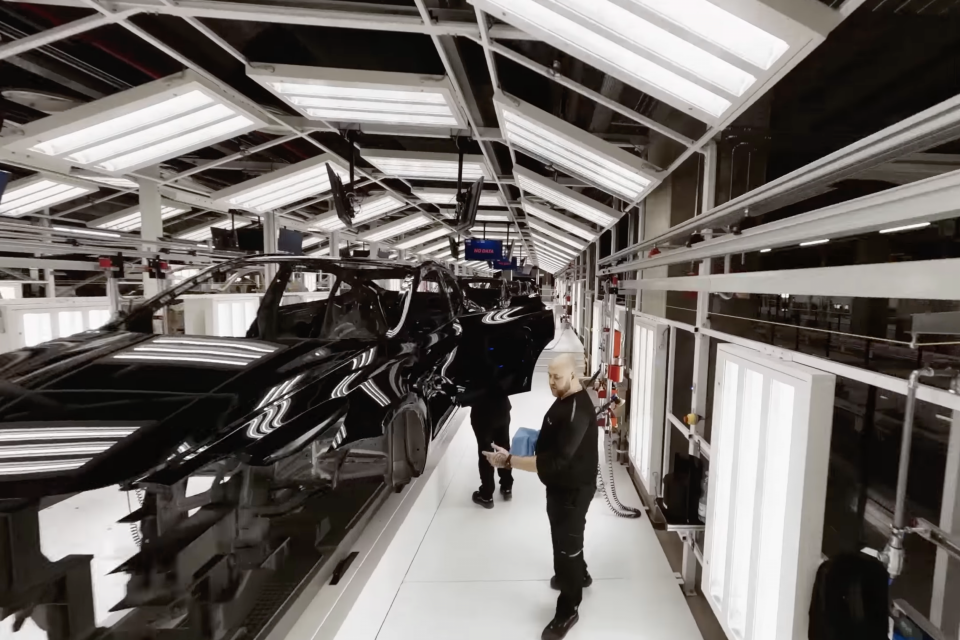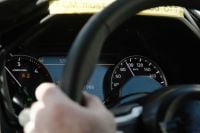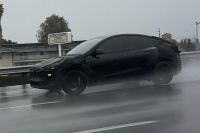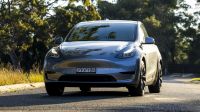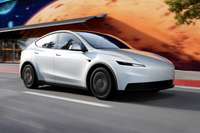
News Editor
A suspected arson attack on Tesla’s factory near Berlin in Germany has reportedly forced the electric vehicle (EV) manufacturer to suspend production.
Reuters reports word from Tesla that, following the fire on Tuesday, it won’t resume production until at least early next week.
The factory produces the Model Y for the European market. Australia, in contrast, is supplied with Teslas from the company’s factory in Shanghai, China.
A total of 1000 vehicles from Tuesday alone are reportedly sitting unfinished, and losses are estimated to be in the high hundreds of millions of euros.
The attack reportedly saw an electricity pylon near the factory set ablaze, though this didn’t spread to the factory itself. Power has since been mostly restored to the area.
The plant was nevertheless evacuated. Around 12,500 people work at the Gigafactory Berlin-Brandenburg.
A far-left activist group called Vulcan claimed responsibility for the attack.
In a lengthy letter published online, the militant group said the Tesla plant “eats up earth, resources, people, labour and spits out 6000 SUVs, killing machines and monster trucks per week”.
It called Tesla CEO Elon Musk a “techno-fascist”, alleged the factory contaminates the groundwater and uses huge amounts of local drinking water, and made numerous allegations about environmentally unfriendly battery material sourcing, the use of forced labour, and vehicles being used for surveillance.
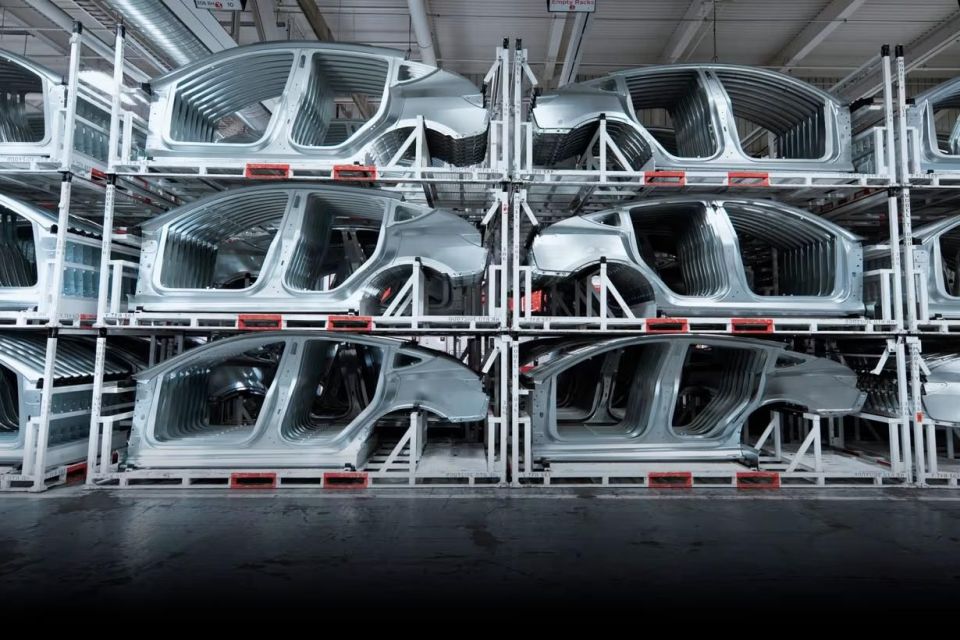
Tesla CEO Elon Musk responded to the attack on his social media platform X, calling the group either “puppets” or “the dumbest eco-terrorists on Earth”.
The economy minister of Brandenburg, Joerg Steinbach, told media the attack had “terrorist markings”, with the power interruption affecting tens of thousands of people.
“This includes hospitals, homes for the elderly, where people may also be dependent on oxygen supply or similar, which is electricity-based,” he said.
The company has been the target of multiple attacks, including an alleged arson at a power supply site in May 2021.
The German factory opened in 2022, a year later than had been originally planned due to interruptions by not only the COVID pandemic and supply chain issues, but also opposition from environmental groups.
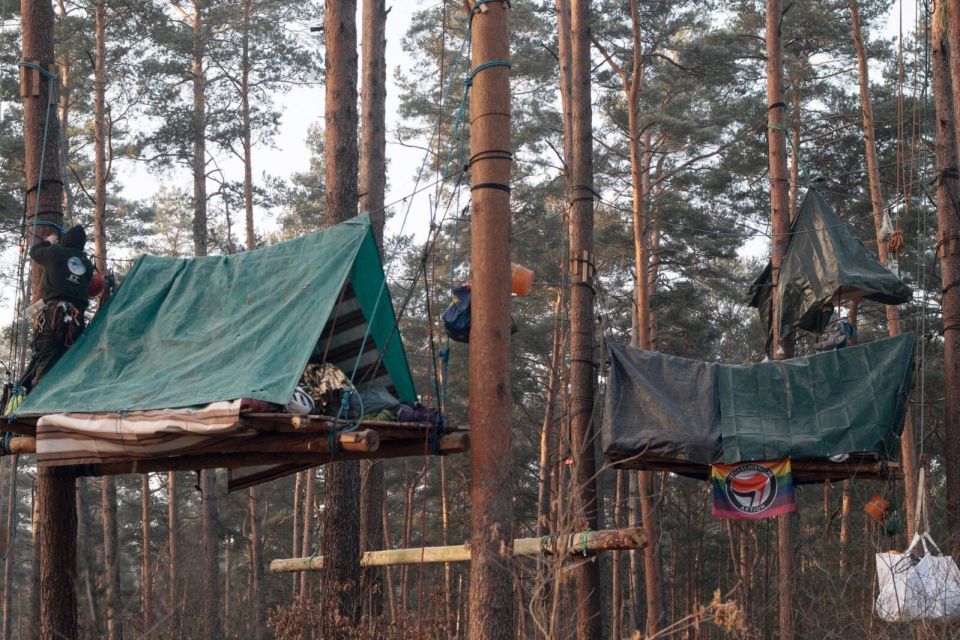
These groups have criticised Tesla for its level of water use and for its felling of trees to build the facility.
Tesla received the final go-ahead from German authorities on March 4, 2022 to commence production, provided it met several issues including water use and air pollution control.
“Sources indicated that the company may completely exhaust the water reserve in the region with the first stage of the plant build out, and will need additional extraction permits in order to expand its capacity any further in the future,” said Deutsche Bank autos sector analysts at the time.
Reuters reports Tesla’s plans to expand the plant – doubling its capacity to one million vehicles and 100 gigawatt hours of battery production annually – subsequently hit a roadblock when local residents voted down a motion to fell trees.
Activists are currently occupying the forest near the Tesla plant until mid-March.
From Breaking News to your next move
Go deeper on the cars in our Showroom, compare your options, or see what a great deal looks like with help from our New Car Specialists.
William Stopford is an automotive journalist with a passion for mainstream cars, automotive history and overseas auto markets.
You might also like
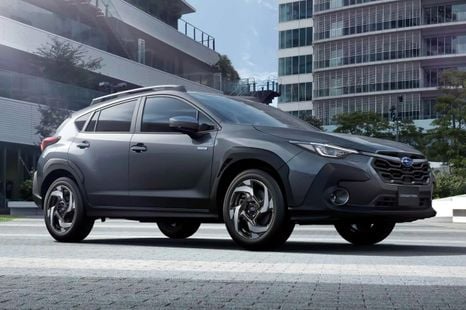

James Wong
Subaru plans hybrid expansion in Australia – what's next?
2 Hours Ago
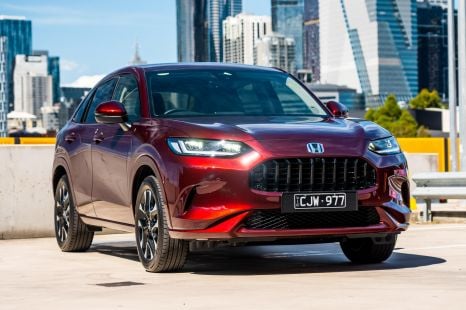

CarExpert
Key life triggers: Why the Honda ZR-V is the smart choice for young parents
3 Hours Ago
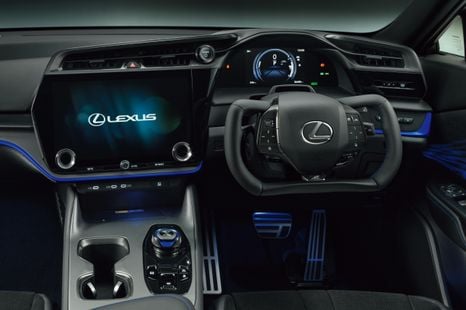

Derek Fung
China to ban yoke-style steering wheels – report
5 Hours Ago
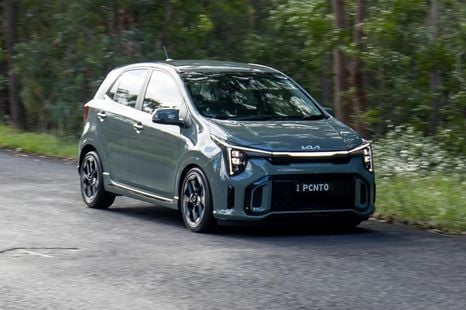

Matt Campbell
2026 Kia Picanto review
11 Hours Ago
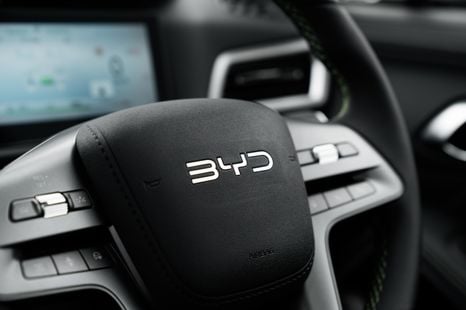

Ben Zachariah
BYD acknowledges ‘work to do’ in aftersales experience
1 Day Ago
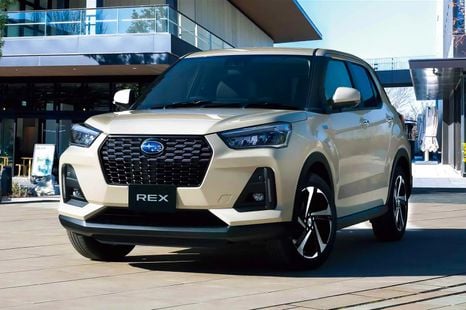

James Wong
Another Subaru 'Rex' could be on the radar for Australia
1 Day Ago
Related
Don't let Google decide who you trust
Add CarExpert as a Preferred Source on Google so your search results prioritise writing by actual experts, not AI.

